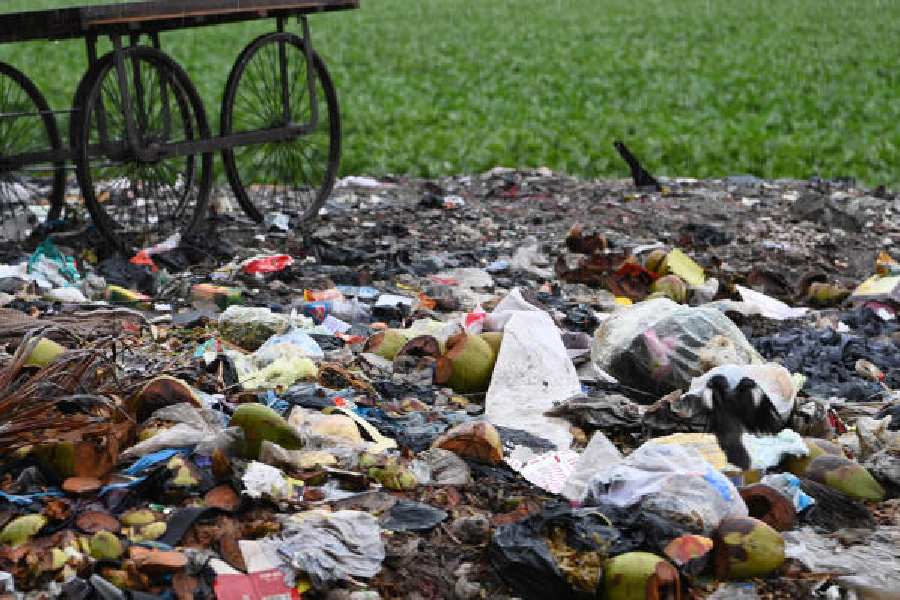Results of malaria tests should be available in half an hour and patients taking the tests should be informed about the outcome immediately so that doctors can distinguish between malaria and suspected dengue cases in fever clinics, the health department has instructed all hospitals.
In a recent directive to medical superintendents and vice-principals of hospitals and medical colleges, senior officials from Swasthya Bhawan said rapid diagnostic kits that have been provided to the institutions should be used to detect the malaria antigen and the tests should be done on-site, at a place adjacent to fever clinics.
The patients needn’t go to the hospital’s lab with a fever to take the test, officials have told the superintendents of hospitals.
“We have clearly told state-run hospitals and medical colleges that malaria tests shouldn’t take more than half an hour at fever clinics and that the patients should be informed immediately about the outcome of the tests,” Siddhartha Niyogi, state’s director of health services (DHS) told The Telegraph.
The move follows a recent finding from patients turning up at fever clinics at medical colleges and hospitals across the city where several of them panicked being unsure of whether they were suffering from malaria or dengue.
The health department has circulated a detection protocol to doctors attending fever clinics about which patients should be sent for a malaria antigen test and how those complaining of a persistent fever over five days should be made to take Elisa tests for suspected dengue.
Apart from running the fever clinics round the clock, all tertiary hospitals identified as referral centres for cases from districts along with medical colleges, and hospitals have been asked to make arrangements so that the labs run 24x7.
Technicians should be present round the clock and samples, either for dengue or malaria, shouldn’t remain untested at the end of the day, the officials have told the hospitals and medical colleges.
“The public health department has instructed Beleghata ID Hospital to send blood samples to NICED. The idea is to determine the particular strain of dengue infection,” said a senior official of the health department. “The protein analysis will help identify the particular strain that is prevalent this time.”
In other healthcare institutions, the superintendents have instructed to ensure that a maximum number of samples are put under the Elisa test in each batch so that patients get to know the outcome by the end of the day.
“We are putting over 90 samples in each round of Elisa test, which roughly lasts four hours, to ensure that patients get to know if they are dengue-positive,” said Sisir Naskar, superintendent of MR Bangur Hospital, which also doubles as the referral hospital at the tertiary level for samples from South 24-Parganas.
“The fever clinic of the hospital is witnessing a turnout of around 200 patients every day. This number can go up and we have readied ourselves accordingly in line with the instructions from the Swasthya Bhawan,” said Naskar.
